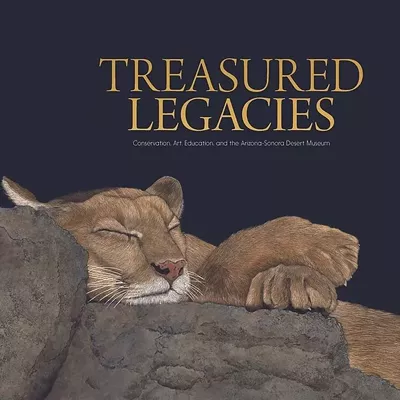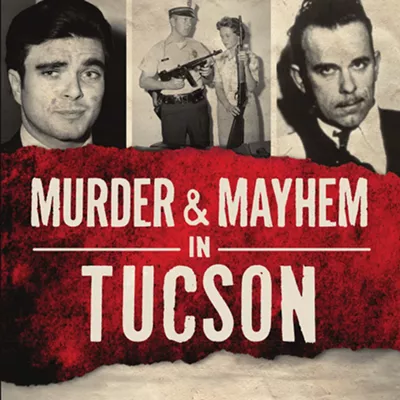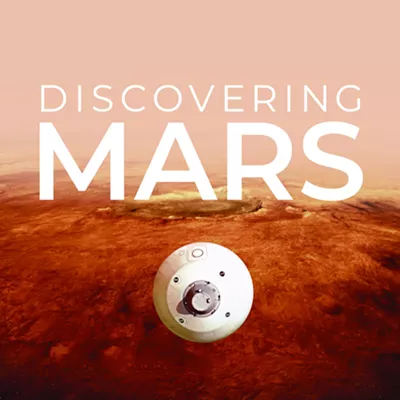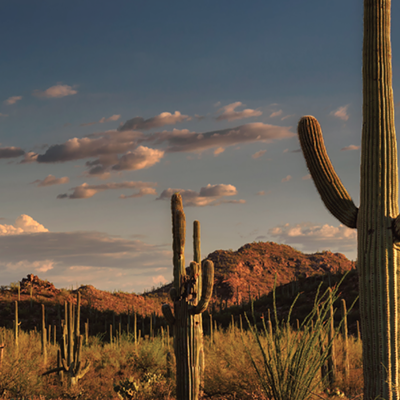Even still, it seems kinda strange that a seemingly home-brewed concoction like rodeo should now be considered marginal. But facts must be faced: Name a rodeo star with even half the pop-culture recognition as a cast member from The OC. Couple this with the growing suburbanization of the populace, and the rodeo is now as exotic as ice curling is to the average Haitian.
W.K. Stratton's Chasing the Rodeo makes the rodeo seem familiar, even if the book defies easy categorization. A native Oklahoman, Stratton has a love for bronc and bull riding that's practically a birthright, as his biological father was a rodeo bum (with the emphasis on bum), and his mother a certified cowgirl. His book is part rodeo memoir, part a series of profiles on rodeo greats and a survey of the sport's culture and folklore. We meet bull riders who log trucker miles to enter and win as many competitions as time and geography permit. There's still money to be had in the latter-day rodeo, though not a lot. And not unlike other industries, there's little room between endorsement-deal success and midlist viability.
One of Chasing's great strengths comes in its unearthing of historical nuggets. Who knew, for example, that an African-American cowboy named Bill Pickett single-handedly invented bulldogging, or steer wrestling, and went on to become one of the sports first superstars? After gaining props from the likes of President Teddy Roosevelt, Pickett went on to star in silent films like comprised of all African-American casts that attempted not to engage in crude stereotypes. However, his star status didn't protect him from Jim Crow; he was consigned to sleep with the livestock while traveling by train. By way of compliments, his fellow cowboys bestowed such gems as, "Bill's hide was black, but his heart was white."
Gulp.
Ultimately, what Stratton seems to be chasing is an authentic American ritual that takes the stuff of hard work and transforms it into a celebration of hard play. As such, he attempts to settle the thorny debate on where the rodeo originated. While often described as "the only spectator sport originating entirely in the United States" with towns like Prescott, Ariz., and Pecos, Texas, sniping for the designation as its bona fide birthplace, Stratton claims that like so many "American" goods, rodeo was made in Mexico. In fact, he contends that it predates the cowboy era by several centuries, as it was the rancheros of colonial New Spain who hosted charreadas celebrations during the annual roundup where competitive horseplay gave birth to today's rodeo events.
In an age of mass consumption, the question of authenticity is often conflated with fashion. Stratton chronicles the various jean companies (Wrangler, Levi's and Rocky Mountain) who struggled to make themselves "the" premiere rodeo denim. For years, Stratton was convinced Levi's were the end-all, be-all of cowboy wear, only to find in the 21st century that Wrangler has cornered the market. All this is to say nothing of the fact that real cowboys wore chaps, not jeans.
Stratton frets that rodeo may be positioning itself as the next NASCAR, a breakout sport that's both a brand and a demographic unto itself. The fear is that excessive branding will strip the sport of its soul and the ubiquity of Toby Keith jingoism. He clearly prefers Oregon's Pendleton Roundup, where jumbotrons and corporate logos are verboten.
For all Stratton's reporting, it's his personal reflections that make the book most compelling. For as he's chasing the rodeo zeitgeist, he's chasing the ghost of his biological father, "Cowboy Don." While this quest is less than glorious and without a happy ending, rodeo is one of the few traces Stratton has to his dad, who left his mom when he was an infant. A prodigious drinker and ladies' man, this Denver native son was never much of a star and eventually wound up punching a clock as a construction worker. After a string of failed marriages and relationships, he died broke and largely alone.
While Stratton doesn't advance such an argument, it's hard to deny the connection between "chasing the rodeo" and the larger voyage for paternal communion.
Chasing the Rodeo may not satisfy hardcore fans, though they probably will benefit from its historical details. And while there's an excessive amount of banal narratives involving Stratton's rental-car, motel and press-box experiences, there's enough to this journey that makes it worth the trouble of saddling up and follow along.







